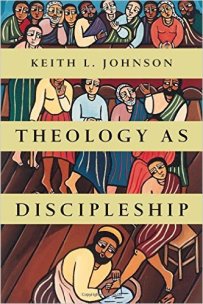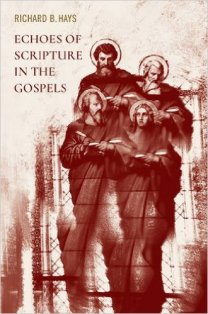Academic theology is dry, irrelevant to the rhythms of everyday life, and even potentially detrimental for those seeking to pursue a life of deep discipleship. These kinds of charges might strike some as strange, but in the first chapter of Theology as Discipleship, Keith L. Johnson notes that, unfortunately, they are surprisingly common in the contemporary Church. “In fact, many smart and faithful Christians cringe when they hear the word theology due to the negative connotations the discipline carries” (p.20).
For Johnson, the fact that these charges are plausible in the eyes of so many suggests that, sadly, a perceived divide has developed between the world of academic theology and the everyday practices of Christian life (p.11). He acknowledges that:
It is possible for a Christian to participate in the church for years and never engage in disciplined theological thinking about core Christian doctrines or the history of the church’s debates about them. It is also possible for academic theologians to devote their entire careers to the discipline and never be asked to translate or apply the content of their scholarship to the concrete realities that shape the daily life of the church. (p.12)



